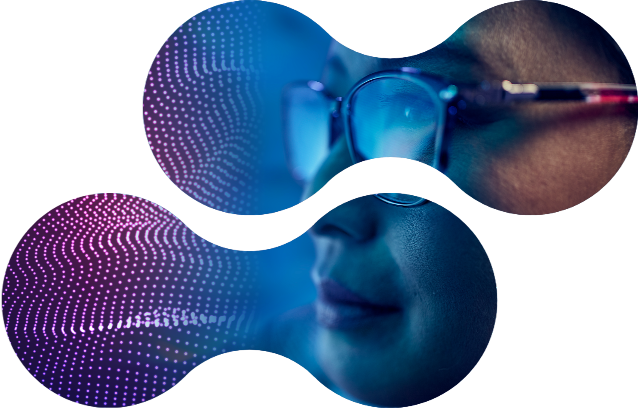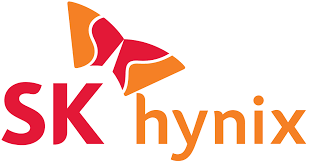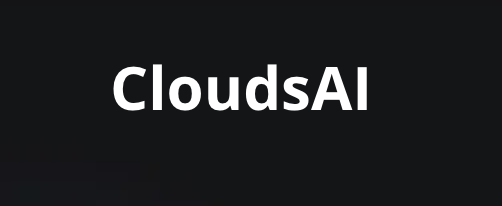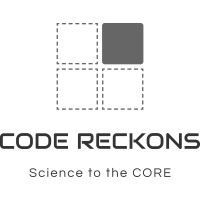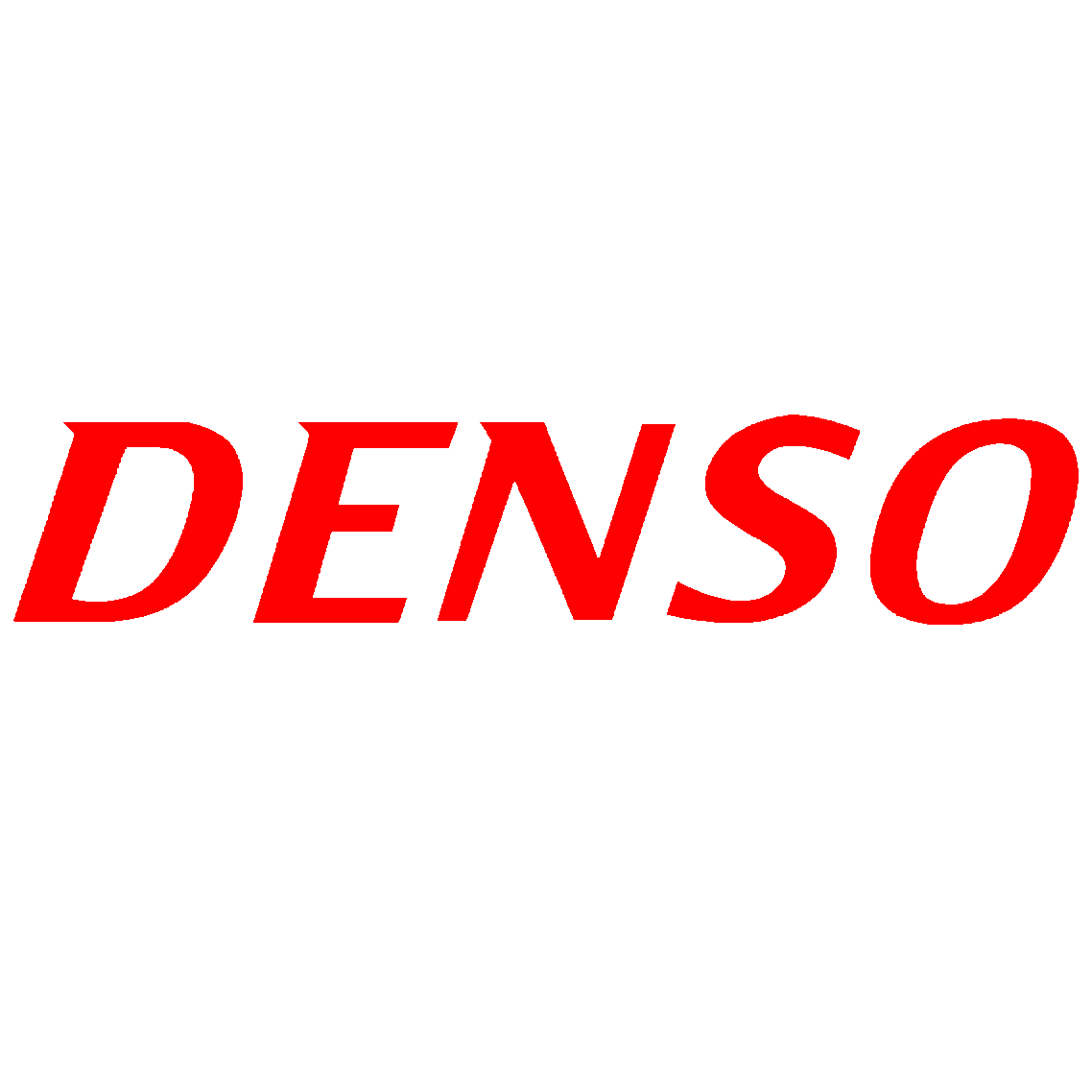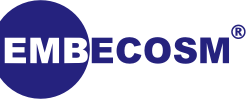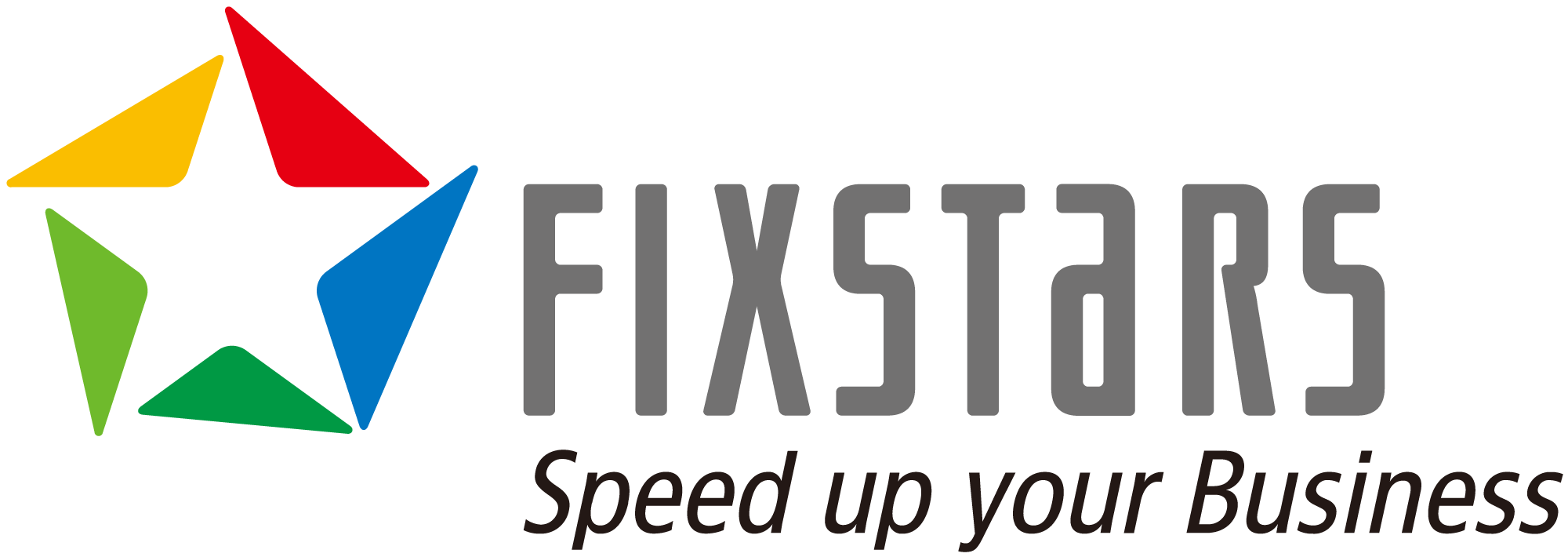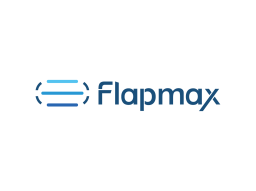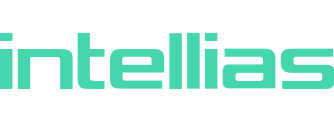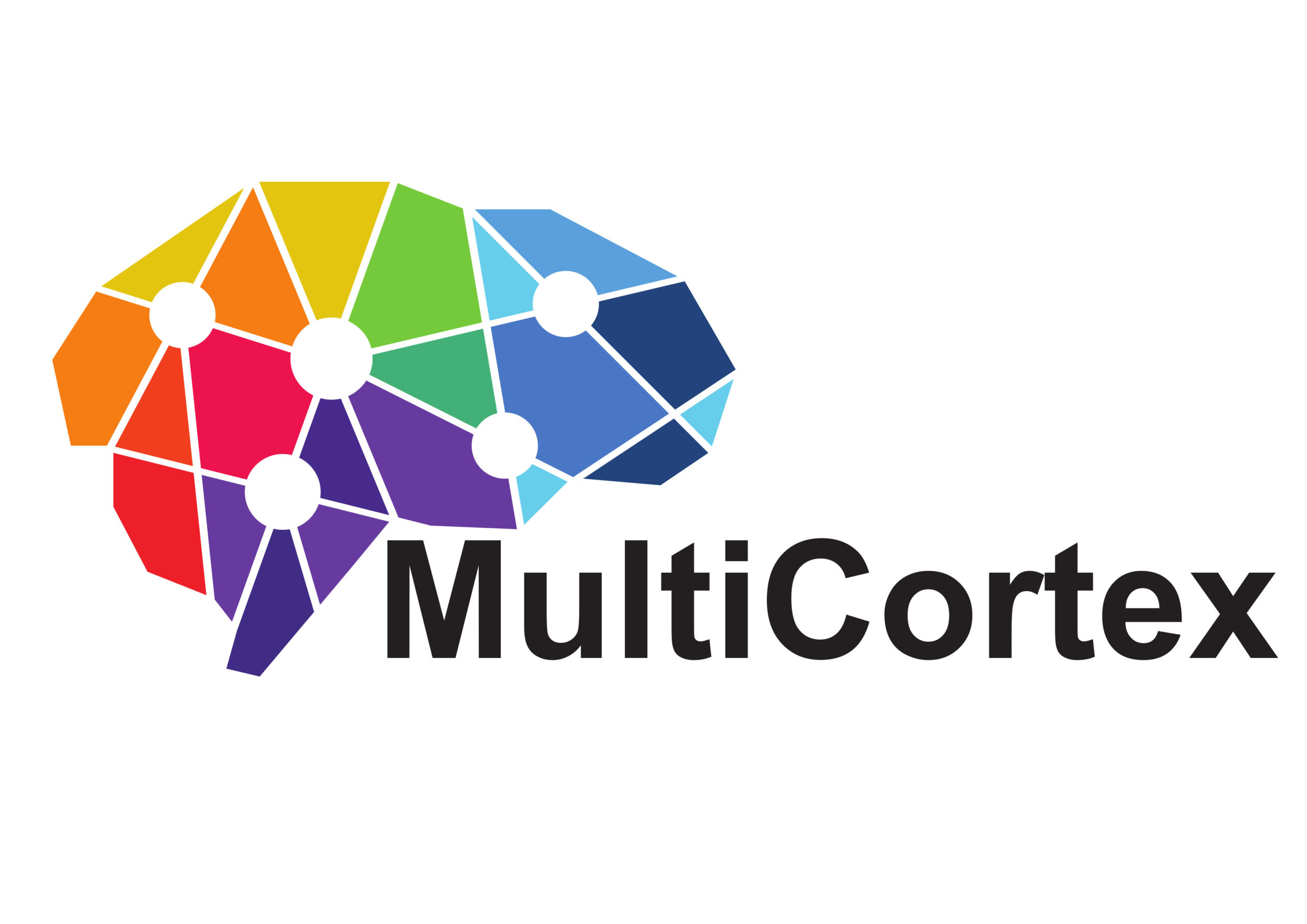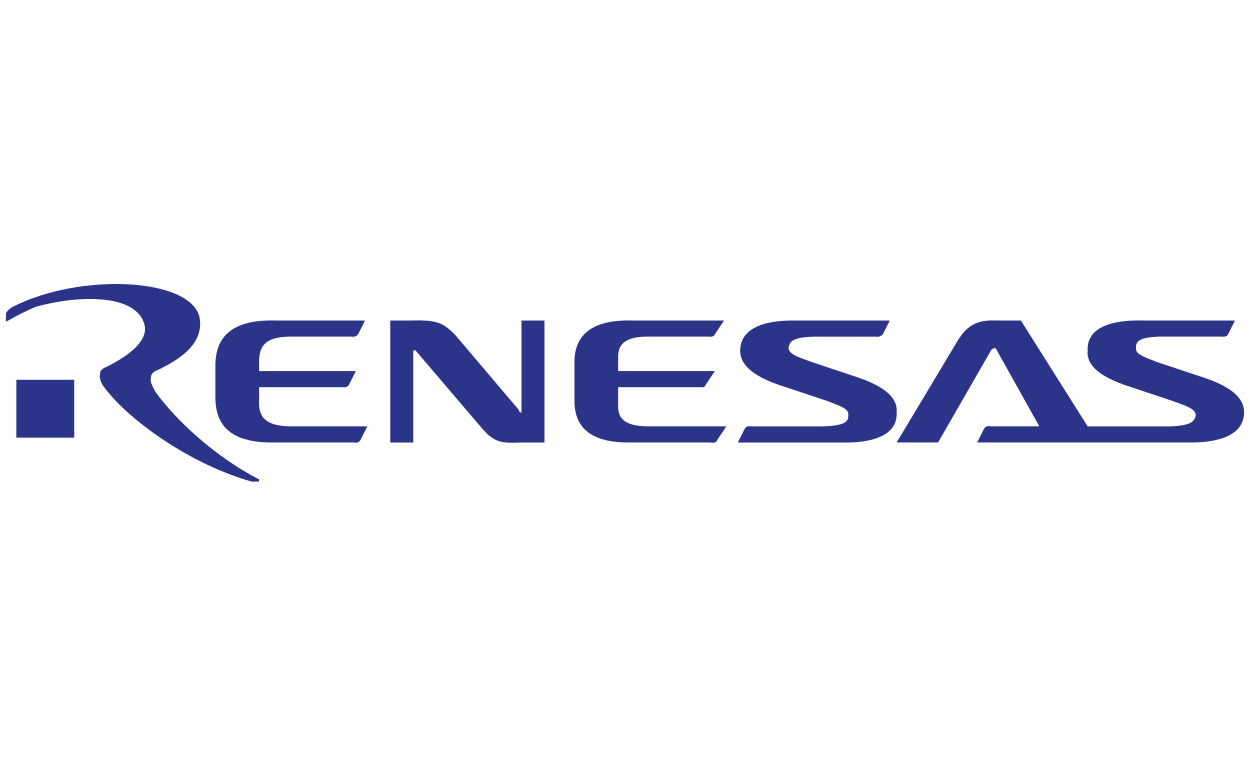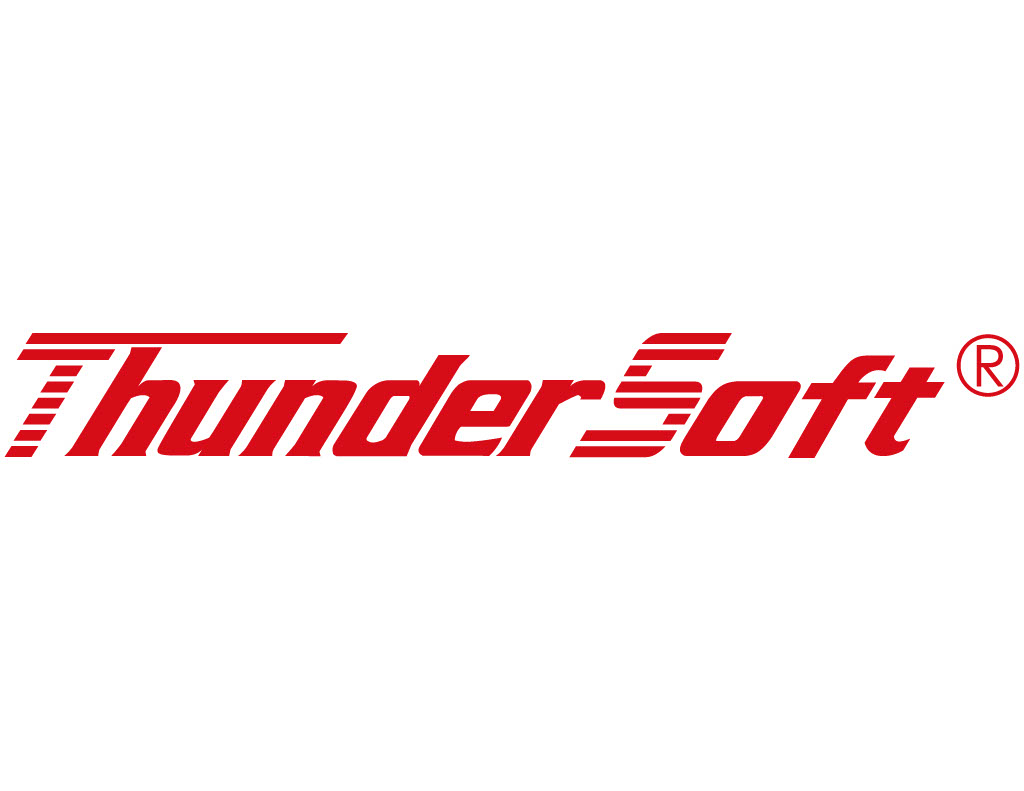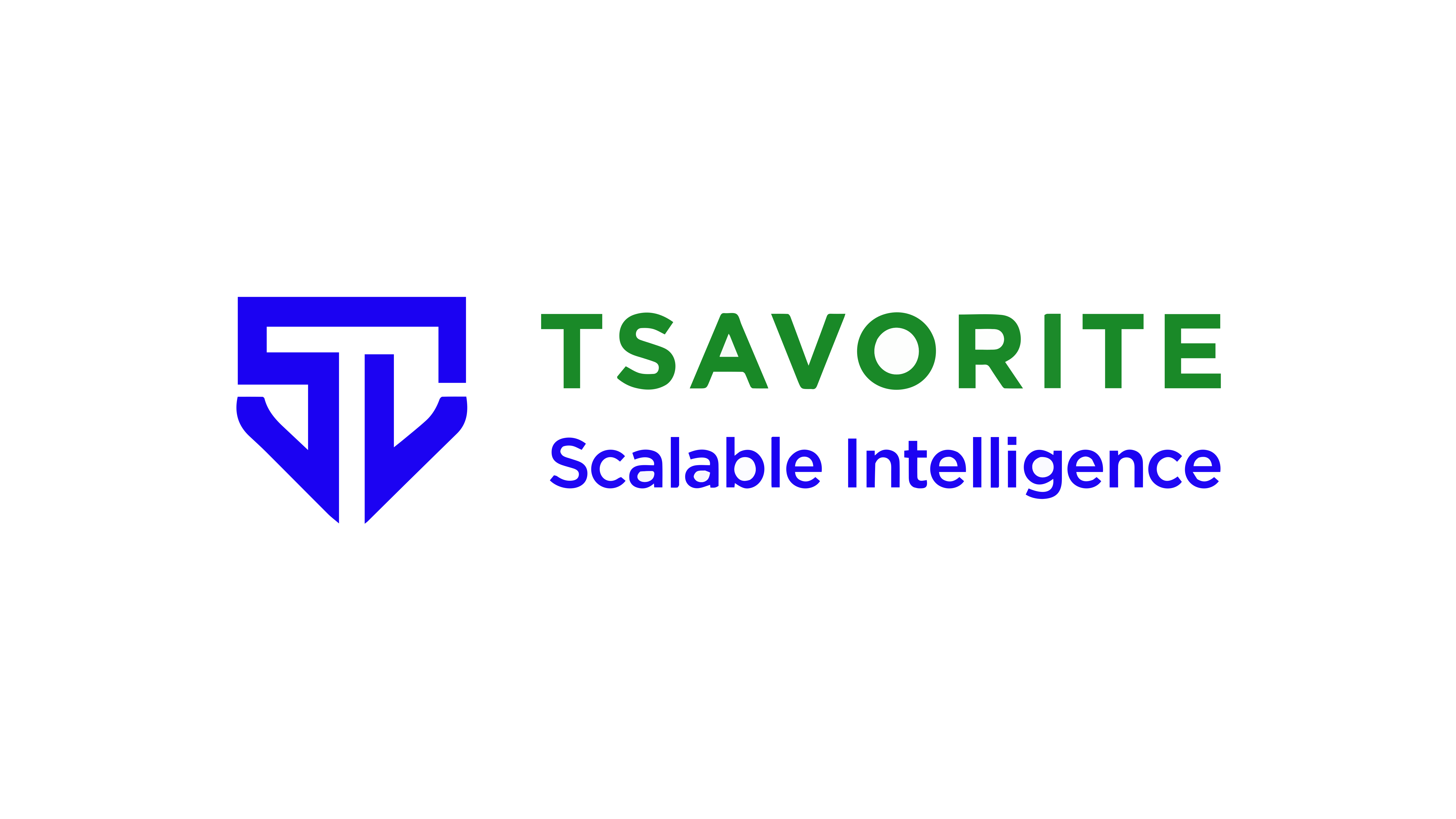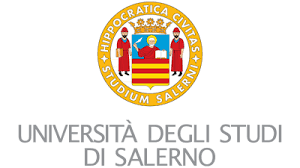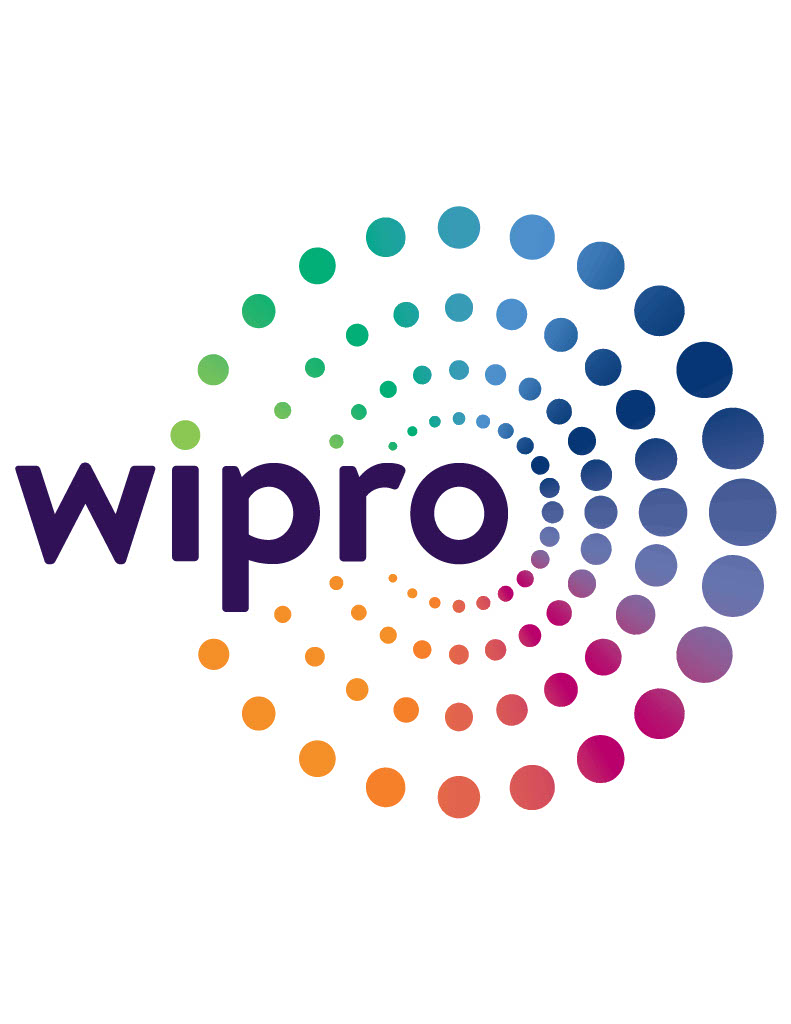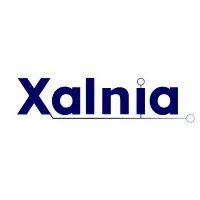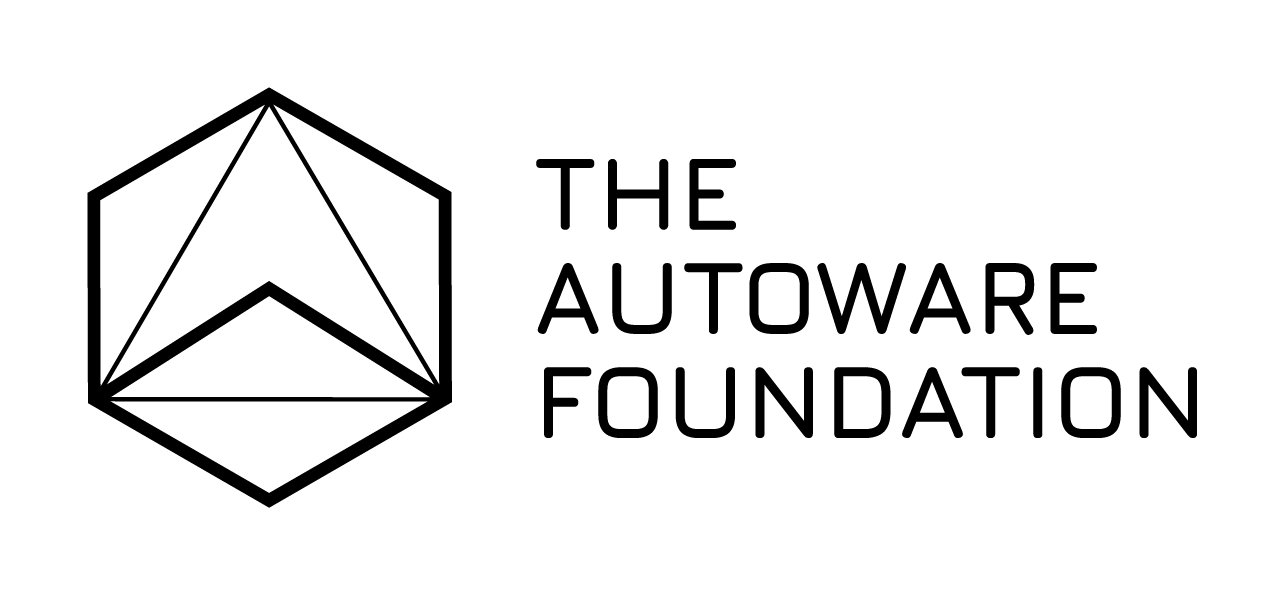
Unified Acceleration Foundation
Join us to drive an open standard accelerator software ecosystem!
- Build a multi-architecture multi-vendor software ecosystem for all accelerators.
- Unify the heterogeneous compute ecosystem around open standards.
- Build on and expand open-source projects for accelerated computing.
For all enquiries, please reach out to info@uxlfoundation.org
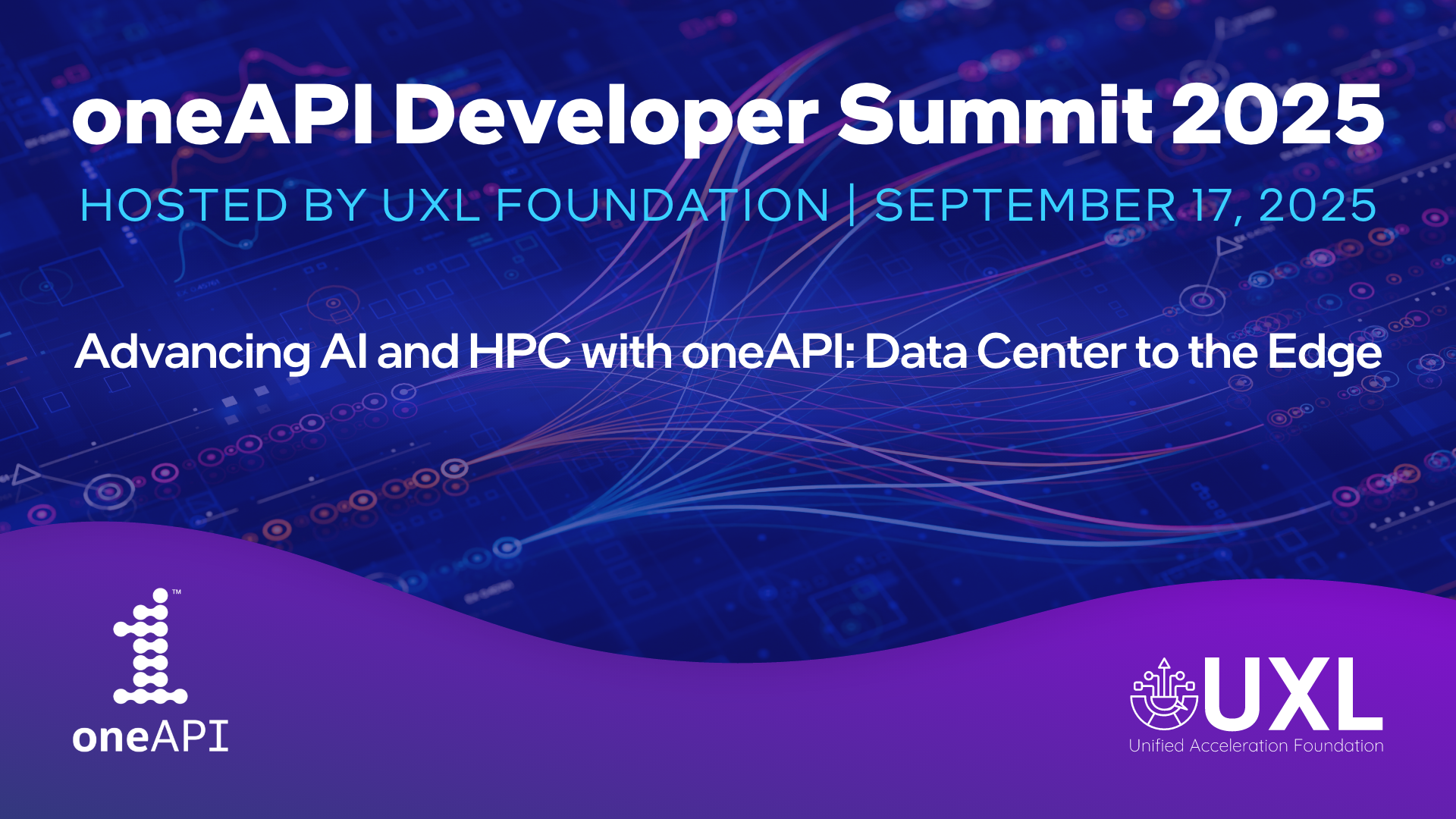
oneAPI Developer Summit 2025 (hosted by UXL Foundation)
Time: 7 AM – 12:30 PM PDT
Location: Virtual
Join us for an in-depth showcase of oneAPI specification along with open-source projects that implement oneAPI specification. oneAPI is designed to enable developers to use a single code base across multiple accelerators and architectures, supporting artificial intelligence, high performance computing, edge computing, automotive, and more.
Hosted by the UXL Foundation, this community-led conference brings together developers to explore, share, and showcase the capabilities of oneAPI through hands-on tutorials, demos, technical talks, and panel discussions.
UXL News
Steering Members
Steering Committee Members

Andrew Wafaa
Senior Director Software Communities & Fellow


Megan Knight
Director of Software Communities, Arm


Ramesh Radhakrishnan
Technical Director , OCTO HPC/ML


Rod Burns
VP of Ecosystem


Masahiro Doteguchi
Senior Engineering Manager
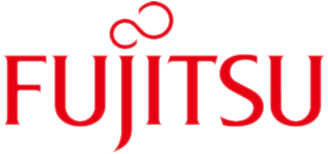

Dr. Priyanka Sharma
Director of Software Engineering


Evgeny Drapkin
Chief Engineer - Compute at GE HealthCare


Penporn Koanantakool
Senior Software Engineer


Dave Murray
AI Software Product Management


John Melonakos
AI Libraries Architect


Dr. Vinesh Sukumar
Head of AI/ML Product Management


Manuj Sabharwal
Director of Product Management, AI Software, Qualcomm


Hanwoong Jung
Project Leader of Universal Deep Learning Compiler (UDLC)

oneAPI Specification Elements and Open Source Projects
The Spec is made of 6 core elements. Engage with oneAPI Open Source Projects.
oneAPI Data Parallel C++ Library
A companion to the DPC++ Compiler for programming oneAPI devices with APIs from C++ standard library, Parallel STL, and extensions.
oneAPI Deep Neural Network Library
High performance implementations of primitives for deep learning frameworks.
oneAPI Collective Communications Library
Communication primitives for scaling deep learning frameworks across multiple devices.
oneAPI Threading Building Blocks
Library for adding thread-based parallelism to complex applications on multiprocessors.
oneAPI Math Kernel Library
High performance math routines for science, engineering, and financial applications.
The Unified Acceleration Foundation is an evolution of the oneAPI initiative and focuses on the development of a specification and open source projects through Working Groups and Special Interest Groups (SIGs).
Specification
The specification includes 6 core elements of oneAPI, developed by a core team with feedback from the community.
Open Source
oneAPI allows developers to make accelerator choices.
Community
We invite radical collaboration from across the ecosystem to create a shared industry spec.
Stay connected with the UXL Foundation!
We send occasional news about the UXL Foundation and oneAPI technical progress, events, community discussions and projects.
Thank you for subscribing!

